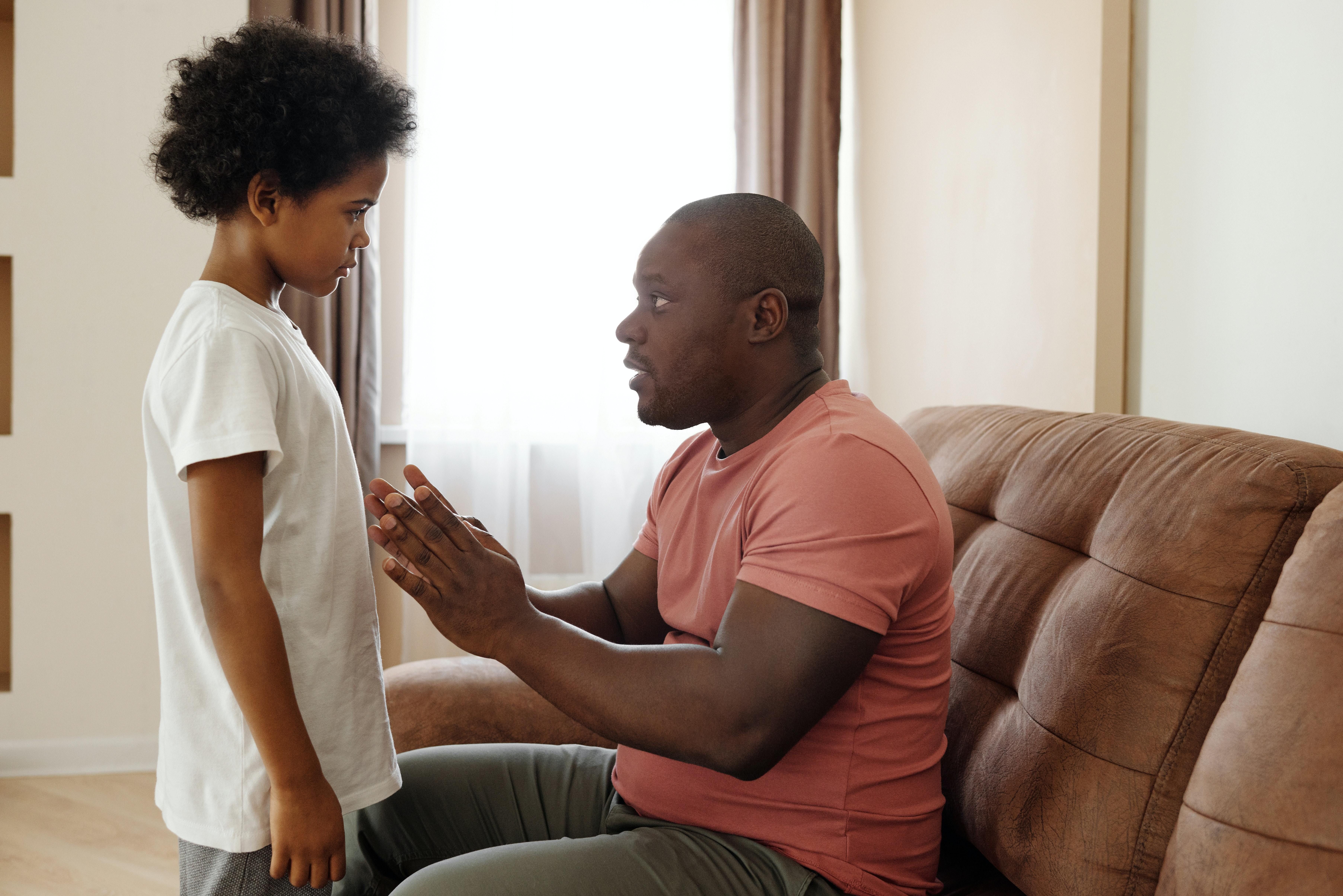
Tragedy….. it has become a word we have all grown too familiar with. Whether it is a tragedy from another shooting, a natural disaster, violence in our schools, wars, etc. Everywhere we look there are events that shake us to our core. We get overwhelmed and next thing you know you are watching endless cycles of news or reading everyone’s opinions on social media. I remember when the first mass school shooting at Columbine occurred. It was one week before my daughter was born. I remember the fear I felt bringing a child into a world where this type of situation occurred.
Now imagine being a child and seeing these situations on the news, or social media, or even overhearing your parents talk about it. Should you feel scared? Is this normal? Who will protect ME? Since Columbine in 1999, our country has experienced a steady increase in mass shootings, police shootings, protesting, and now even the Capital being stormed by our own citizens. These thoughts and images can confuse our children as they have been taught school is safe, police protect and serve, and the government is where we create laws and changes happen in our country. Now they are seeing images that are telling them nothing is safe.
So how do you talk to your children about these events? One of the first things to remember is to always speak to your children in age-appropriate terminology. Toddlers do not understand things the same way a child in elementary school will, and kids in middle school need a little more information than kids in elementary school. When you talk to your children limit their exposure to the media outlets where the information can quickly become overwhelming. Begin by asking your child what they have heard and if they have any questions. You may be surprised to learn that they may not know as much as you thought they did. Speak calmly to your child and be straightforward. Do not give graphic details or anything that is unnecessary for them to know. Make sure you are sharing accurate information and try to keep your personal, passionate feelings out of the discussions with your young children. Young children may become more confused or feel they should feel the same way as their parents. Try to stick to the facts and focus on how they are processing their feelings. This will be confusing to your children and children often mirror the behaviors of their parents.
Children may become confused and if they are struggling with their feelings there may be signs to watch for such as sleep problems, headaches, frequent stomach issues, regressive behaviors such as bedwetting, tantrums, academic changes, nightmares, sadness, depression, anxiety, or fears. If the behaviors become an issue, it may be a sign that it is time for professional involvement such as a counselor to help the child process what they are feeling.
Remember, that while the negativity of these tragic situations can feel overwhelming to your child, you have the ability to reassure and comfort your child. Follow your child’s lead and let them do the talking. Let your children know they are not alone in these feelings and that while the world does have evil and tragedy, there is always hope for a better tomorrow and that there is more hope in the world than evil. Help your children to see how good things can come out of sadness. Talk about ways they can make a difference (maybe writing a letter to a victim or 1st responder, raising money to help in tragedies, etc.). Focus on the good and how overcoming tragedy is what makes us all stronger. Above all else…remember you are helping to shape the minds of the future through your example and what we teach our children.

